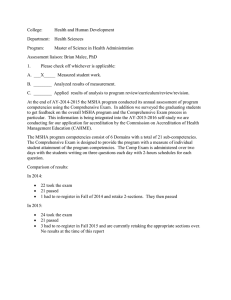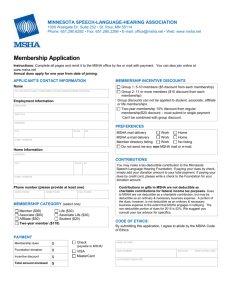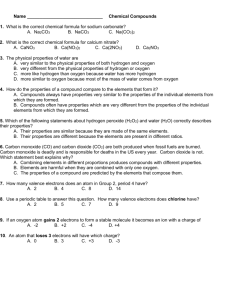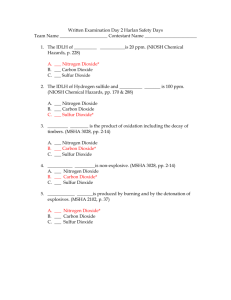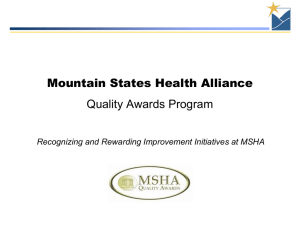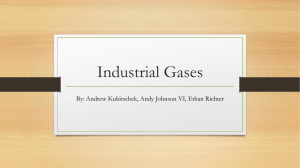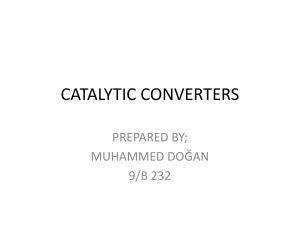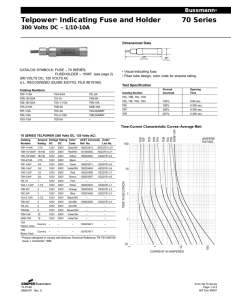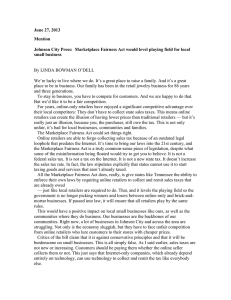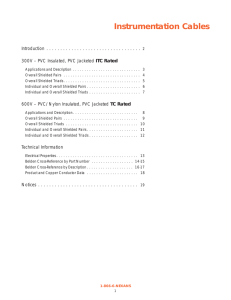Kentucky River Day 1
advertisement
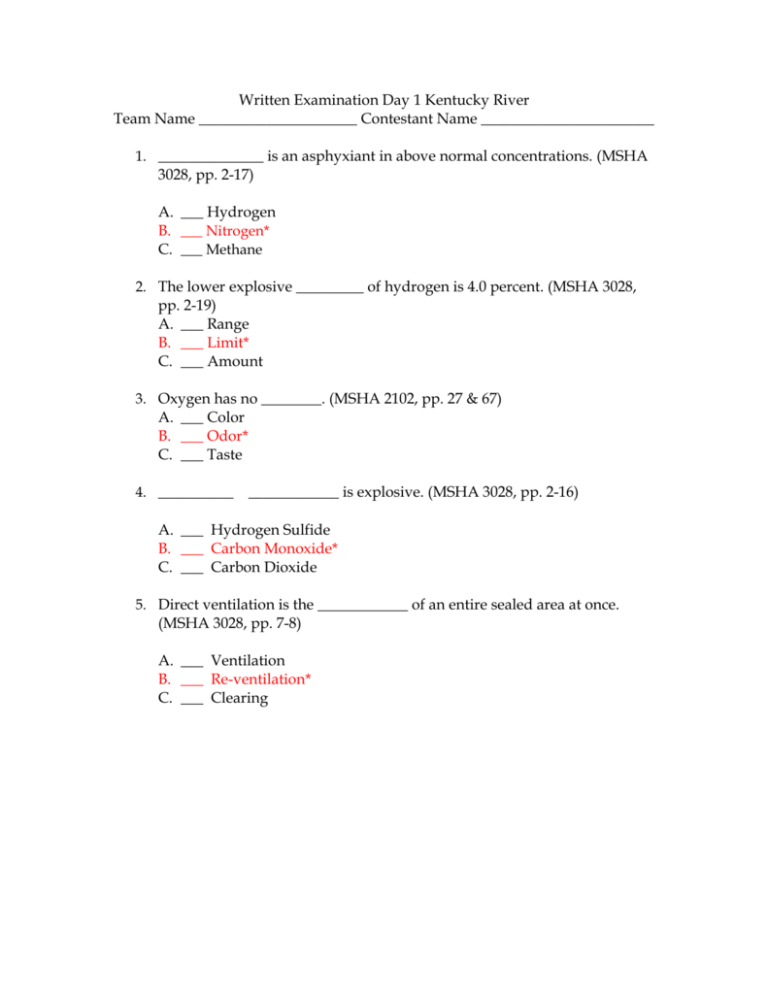
Written Examination Day 1 Kentucky River Team Name _____________________ Contestant Name _______________________ 1. ______________ is an asphyxiant in above normal concentrations. (MSHA 3028, pp. 2-17) A. ___ Hydrogen B. ___ Nitrogen* C. ___ Methane 2. The lower explosive _________ of hydrogen is 4.0 percent. (MSHA 3028, pp. 2-19) A. ___ Range B. ___ Limit* C. ___ Amount 3. Oxygen has no ________. (MSHA 2102, pp. 27 & 67) A. ___ Color B. ___ Odor* C. ___ Taste 4. __________ ____________ is explosive. (MSHA 3028, pp. 2-16) A. ___ Hydrogen Sulfide B. ___ Carbon Monoxide* C. ___ Carbon Dioxide 5. Direct ventilation is the ____________ of an entire sealed area at once. (MSHA 3028, pp. 7-8) A. ___ Ventilation B. ___ Re-ventilation* C. ___ Clearing 6. Temporary stoppings built in a crosscut should be placed at least four to six feet into the crosscut in order that sufficient space is available to __________ a permanent stopping. (MSHA 3028, pp. 3-21) A. ___ Build B. ___ Erect C. ___ Construct* 7. The IDLH of ___________ __________ is 40,000 ppm. (NIOSH Chemical Hazards, p. 52) A. ___ Hydrogen Sulfide B. ___ Carbon Monoxide C. ___ Carbon Dioxide* 8. With the ________ open place your ear over the patient’s nose and mouth, and watch for chest movement. (Brady First Responder, p. 172) A. ___ Airway* B. ___ Mouth C. ___ Throat 9. The explosive ________ of methane in air is 5 to 15 volume percent. (MSHA 3028, pp. 2-15) A. ___ Range* B. ___ Limit C. ___ Amount 10. When present in high concentrations (2 percent or higher), _________ ________ causes you to breathe deeper and faster. (MSHA 3028, pp. 2-14) A. ___ Hydrogen Sulfide B. ___ Carbon Monoxide C. ___ Carbon Dioxide* Written Examination Day 1 Kentucky River Answer Key 1. B 2. B 3. B 4. B 5. B 6. C 7. C 8. A 9. A 10. C Nitrogen Limit Odor Carbon Monoxide Re-ventilation Construct Carbon Dioxide Airway Range Carbon Dioxide
